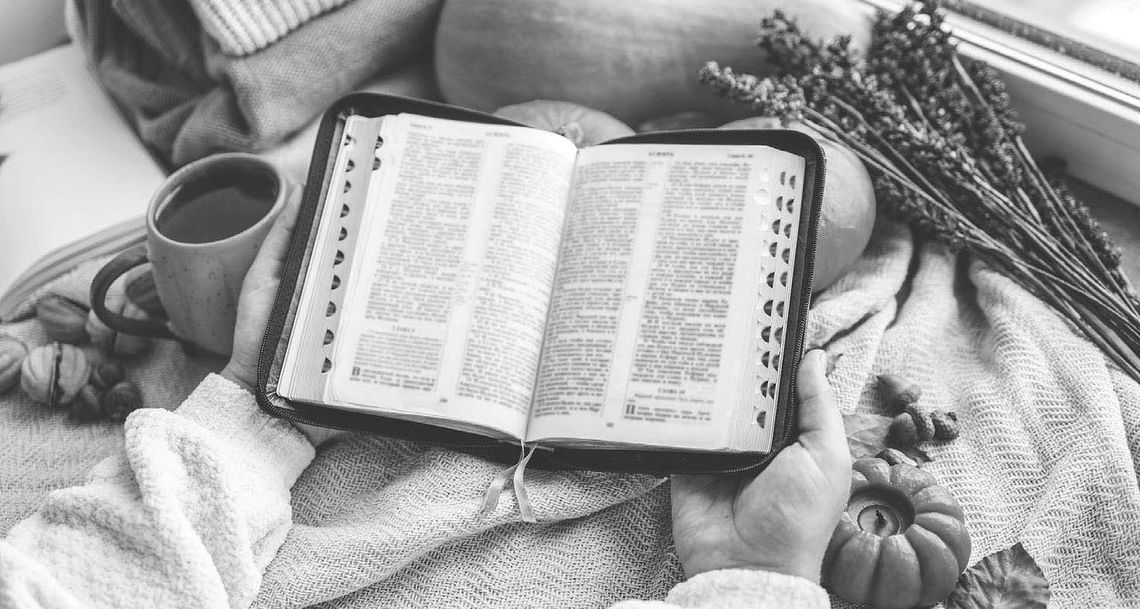DELIBERATELY DIVERSE | The Rev. Terry Pierce
Deliberately Diverse represents the individual opinions of a group of Taylor friends who never completely agree about anything but enjoy diverse discussions.
I was making a “gratitude list” for Thanksgiving with the idea of resetting myself from worrying about all the details and all the things that can go wrong over the holidays to being in a state of peace and joy about all that is good in my life.
In theory, that seems like a great plan. In practice, it pushes me towards a “toxic” state of gratitude.
What is that? Susie Moore, a British life coach, author and host of the top-rated podcast “Let It Be Easy,” says, “When we feel obliged to feel thankful constantly, which is inevitable as the gratitude-packed holidays descend upon us, it can be easy to minimize some of our true feelings and overlook our needs. The pressure to look around and appreciate what we have — whether it’s something we want or not — can act as a blindfold or Band-Aid over what needs to change for you to find peace and happiness.”
Gratitude and Thanksgiving do go together.
Feeling grateful leads to giving thanks, and the act of thanksgiving can deepen your sense of gratitude. Many spiritual and philosophical traditions see thanksgiving as important precisely because it transforms private gratitude into something relational and shared, strengthening connections with others or with the divine.
At the same time, many of us have experienced difficulties around the holidays: loneliness, estrangement from family or friends and disappointment when expectations aren’t met.
This year I am grieving the loss of family members and the absence of traditions, even those traditions that didn’t always delight me. That ambivalence can be a barrier to gratitude.
How do I cope with the mixture of feelings?
For me, the first step is acknowledging the ambivalence: “I dread Thanksgiving because holidays remind me of feeling like I didn’t fit anywhere or couldn’t do anything right.” “I am angry because my sister never says thank you for what I do and always has something more for me to do.” “I don’t have family to spend time with this holiday and I am sad about that.”
Moore quotes an anonymous source who said, “Gratitude should not silence your pain or diminish your needs. True gratitude grows alongside self-awareness, not at the expense of it.”
When I am aware of what I am feeling, I can make choices that meet my needs. Sometimes knowing what I’m feeling allows me to be present in a situation without being triggered or to quietly remove myself from uncomfortable conversations. When gratitude and self-awareness can thrive together, I can be truly thankful.
If you want to share the holidays, join us at St. James’ Episcopal Church, 612 Davis St. in Taylor, for lunch on Thanksgiving Day and Christmas Day at 12:30 p.m.
Everyone is welcome.
Pierce is the vicar of St. James’ Episcopal Church in Taylor and can be reached by email at ministry@ stjamestaylor.org.









